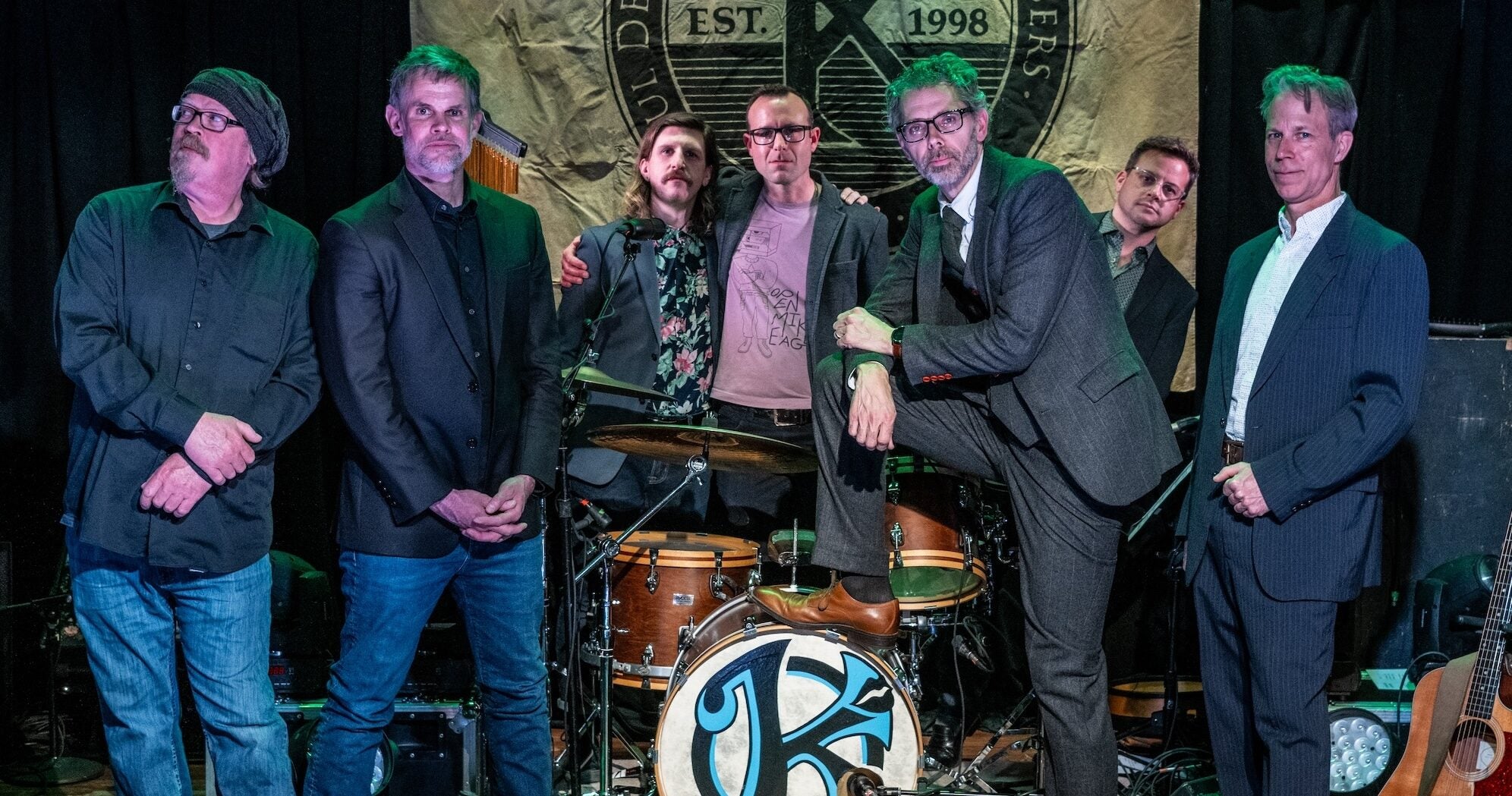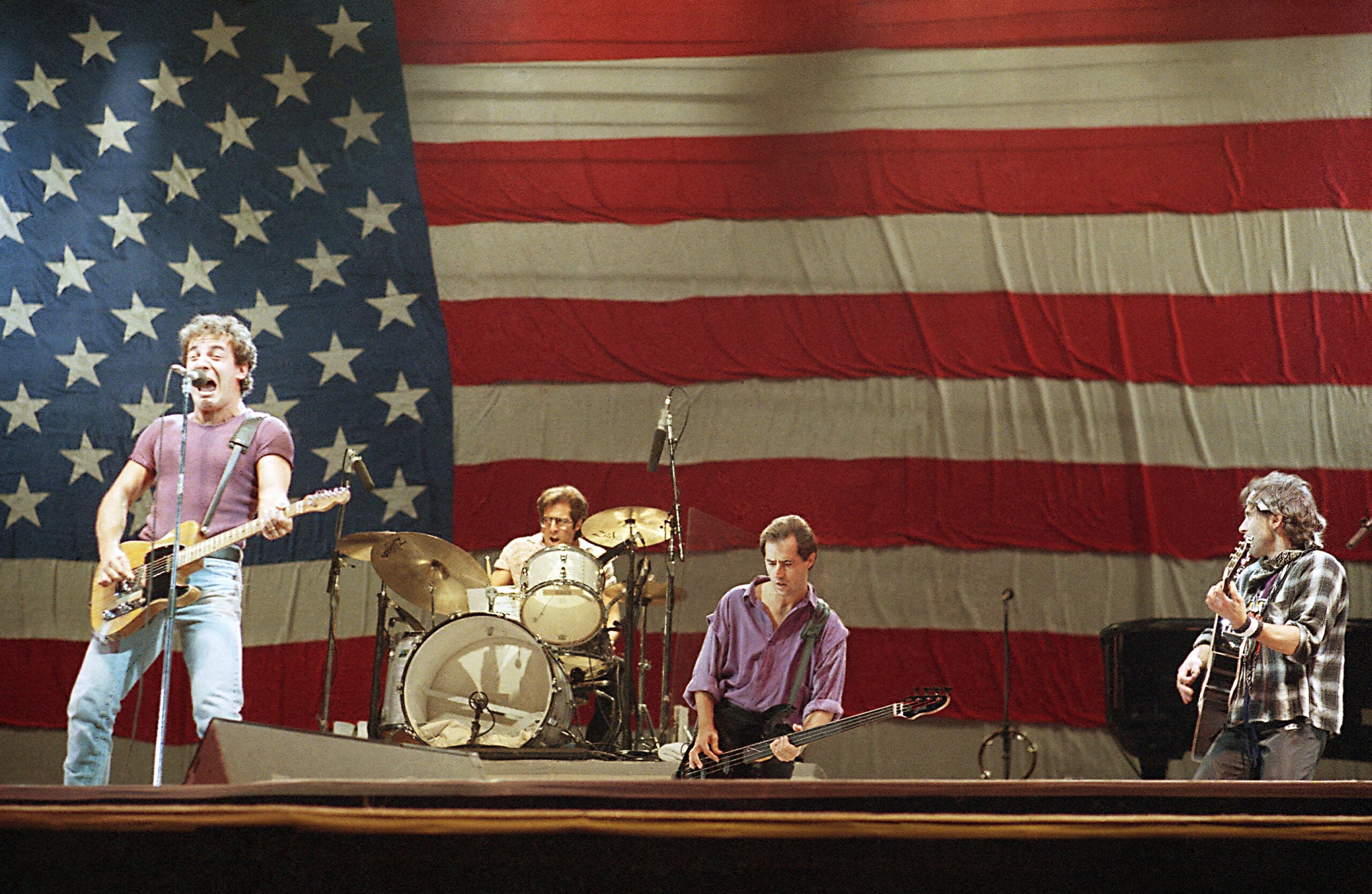In the 1870s Hans von Bülow was one of Europe’s great conductors and an outspoken advocate of democracy. When the Russian Musical Society asked him to direct some concerts in St. Petersburg, he found himself on a collision course with Grand Duke Constantine, president of the Russian Musical Society, the brother of the Czar.
Arriving at the Marble Palace, Bülow was presented to the Grand Duke by cellist Charles Davidoff and treated to a performance that included the Grand Duke playing the cello. Was the music less than noble or was one of his nervous headaches coming on? For whatever reason, Bülow became increasingly restless during the performance. Suddenly, without a word of explanation, he jumped from his seat, rushed out of the great hall that served as the music room, ran down the grand staircase, and fled the palace.
The Grand Duke took it in stride, but Davidoff was pale and stammering in his attempt to come up with an explanation. Bülow had gotten into some disagreements with the orchestra, and one of the musicians used his hasty retreat as a way to get back at him.
Stay informed on the latest news
Sign up for WPR’s email newsletter.
At dinner he told the Grand Duke that in rehearsal Bülow had changed a note in the clarinet part of the beloved Russian Fantasy of the esteemed Russian composer Mikhail Glinka. Now furious, the Grand Duke commanded Davidoff to tell Bülow that he was not to change a single note of Glinka’s work while it was performed in Russia. At the next day’s rehearsal, a nervous Davidoff conveyed the message to the conductor. Bülow burst into laughter and with mock gravity told the clarinetist to change the note back, then made an exaggerated bow to the Grand Duke.
It’s unlikely that the rest of Hans von Bülow’s Russian sojourn did much to alleviate his headaches.
Wisconsin Public Radio, © Copyright 2024, Board of Regents of the University of Wisconsin System and Wisconsin Educational Communications Board.




